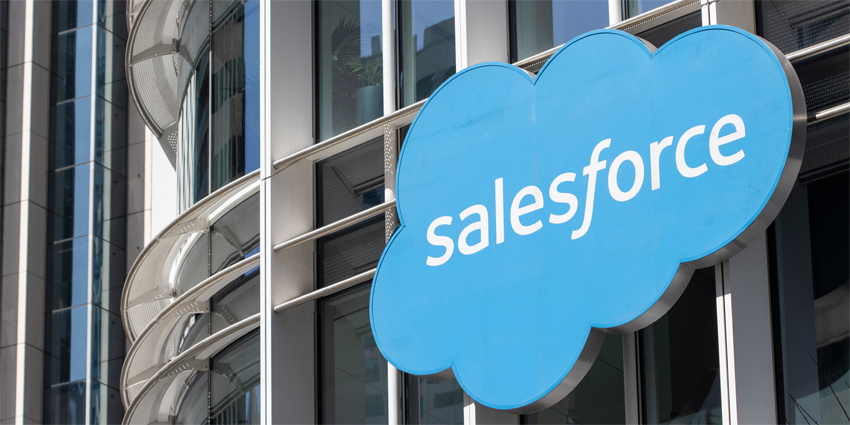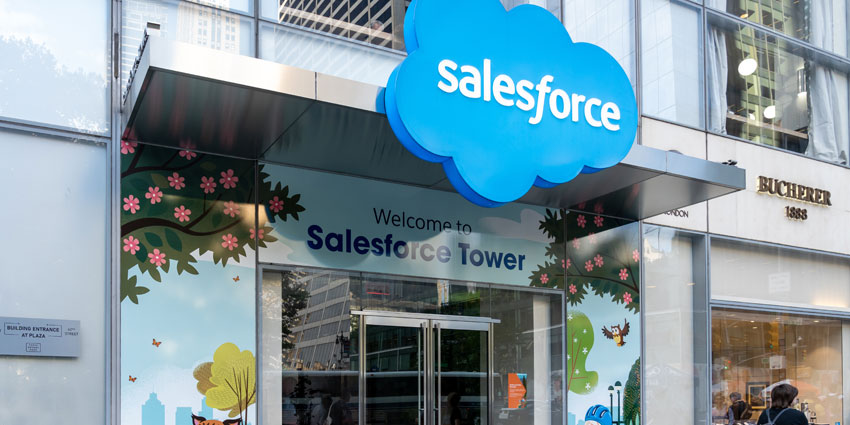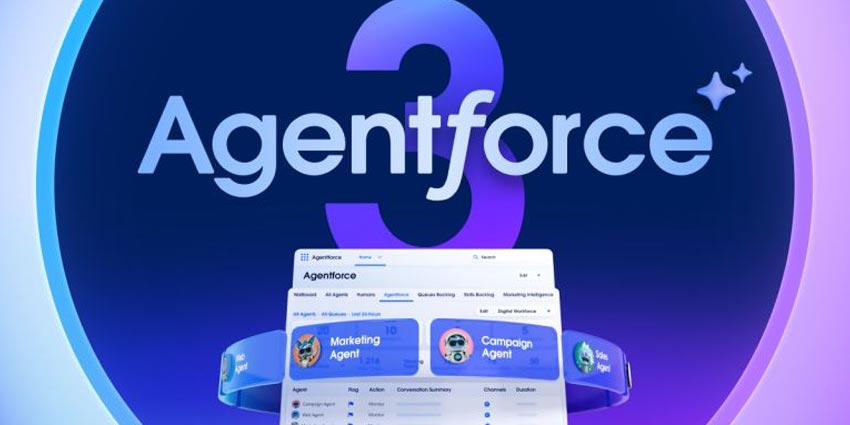Oracle has announced a total cloud revenue of $5.1 billion – a 24% increase that has seen cloud become the company’s primary revenue stream.
Announced for the 2024 Q3 period, the news marks the first time in Oracle’s history that cloud has overtaken total license support revenue.
Following the announcement, shares in the cloud applications and infrastructure provider surged 13% to an all-time $129 record, putting 2024 year-to-date gains at 24%.
This is a marked turnaround from Q2, which saw share prices drop after falling short of revenue expectations, despite sales growing and demand for Oracle Cloud infrastructure increasing.
It appears that the interest in Oracle’s cloud offerings has continued into Q3, with CEO, Safra Catz, praising the company’s cloud applications, autonomous databases, and OCI for driving revenue forward – stating that Oracle had “crossed over”.
In expounding on this point, Catz commented:
OCI has emerged as the largest driver of our overall revenue acceleration, growing much much faster than our cloud competitors. Customers have figured out that by moving to OCI, they can really get more while paying less, but it’s not just the cost that matters to our customers.
So, what exactly differentiates Oracle from other cloud service providers?
Oracle Cloud Infrastructure
Despite mentioning Oracle’s competitive price point, Catz was also quick to highlight the following performance-related reasons for the solution’s popularity:
Enterprise Experience
Channeling Albert Einstein’s famous proclamation that “the only source of knowledge is experience,” Catz underscores Oracle’s decades of experience in running enterprise scale projects.
The CEO points to examples of the company operating with clustering technologies, and AI workloads and data bases – claiming that “we (Oracle) know better than anyone what it takes to run the full stack of technology that goes into mission-critical workloads.”
Unique AI Capabilities
As with any major cloud services provider, the use of AI is integral. Oracle believes its offerings separate it from the pack, as they are specifically designed to help customers drive business outcomes.
This is achieved by using customer data to refine the AME AI models – enabling superior services while promising data protection.
Deployment Flexibility
Describing itself as the “only vendor” that offers a “complete cloud of customer-dedicated regions, sovereign clouds, and Alloy, our (Oracle’s) partner cloud,” Oracle prides itself on its flexibility.
Multi-Cloud Offerings
Oracle multi-cloud solution allows customers to use the company’s services in whichever public cloud they prefer.
The solution can also be used in the form of Oracle Database at Azure with Microsoft, and MySQL Heatwave.
In discussing more of the financial results from Q3, Catz continued to emphasize the importance of Oracle Cloud Infrastructure to the strength of the overall company:
Large new cloud infrastructure contracts signed in Q3 drove Oracle’s total remaining performance obligations up 29% to over $80 billion — an all-time record.
“We expect to continue receiving large contracts reserving cloud infrastructure capacity because the demand for our Gen2 AI infrastructure substantially exceeds supply — despite the fact we are opening new and expanding existing cloud datacentres very, very rapidly.”
Oracle’s Enterprise Communications Platform
Another cloud-based innovation recently brought forward by Oracle is its Enterprise Communications Platform (ECP), which shares a striking resemblance to a CPaaS platform.
Announced last month, Oracle’s new ECP will offer SaaS-based communication, network, and IoT solutions to customers, allowing innovation within Oracle environments.
This essentially categorizes it as a CPaaS platform.
However, Oracle is not expected to market this as a standalone offering to compete directly with companies like Twilio, Vonage, and Webex for CPaaS contracts. Instead, the focus will likely be on targeting Oracle customers seeking to customize their cloud or integrate cloud capabilities into their on-premise deployments.
Speaking at the time at a BIG CX News Update, Liz Miller – VP & Principal Analyst at Constellation Research – noted:
What Oracle is providing their customers with is the capacity to build what is needed as opposed to building what Oracle built.
“I think that’s indicative of Oracle’s new kind of mantra moving into that cloud, that hyper-scaler world, where they want things to be far more flexible. But, they want it to fit back into where their customers stand today from within their cloud and cloud infrastructure.”








